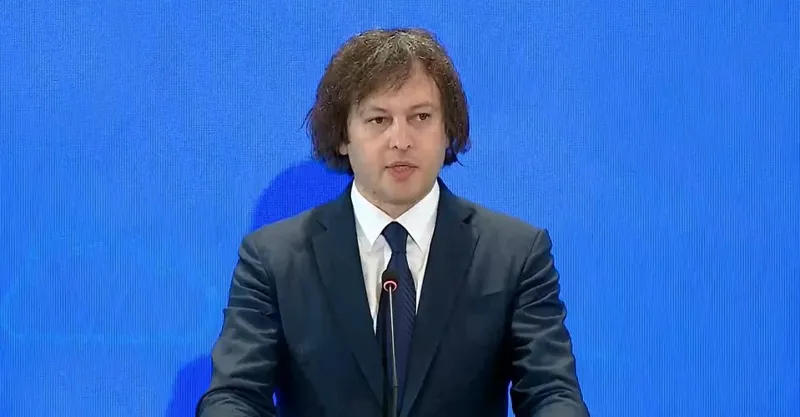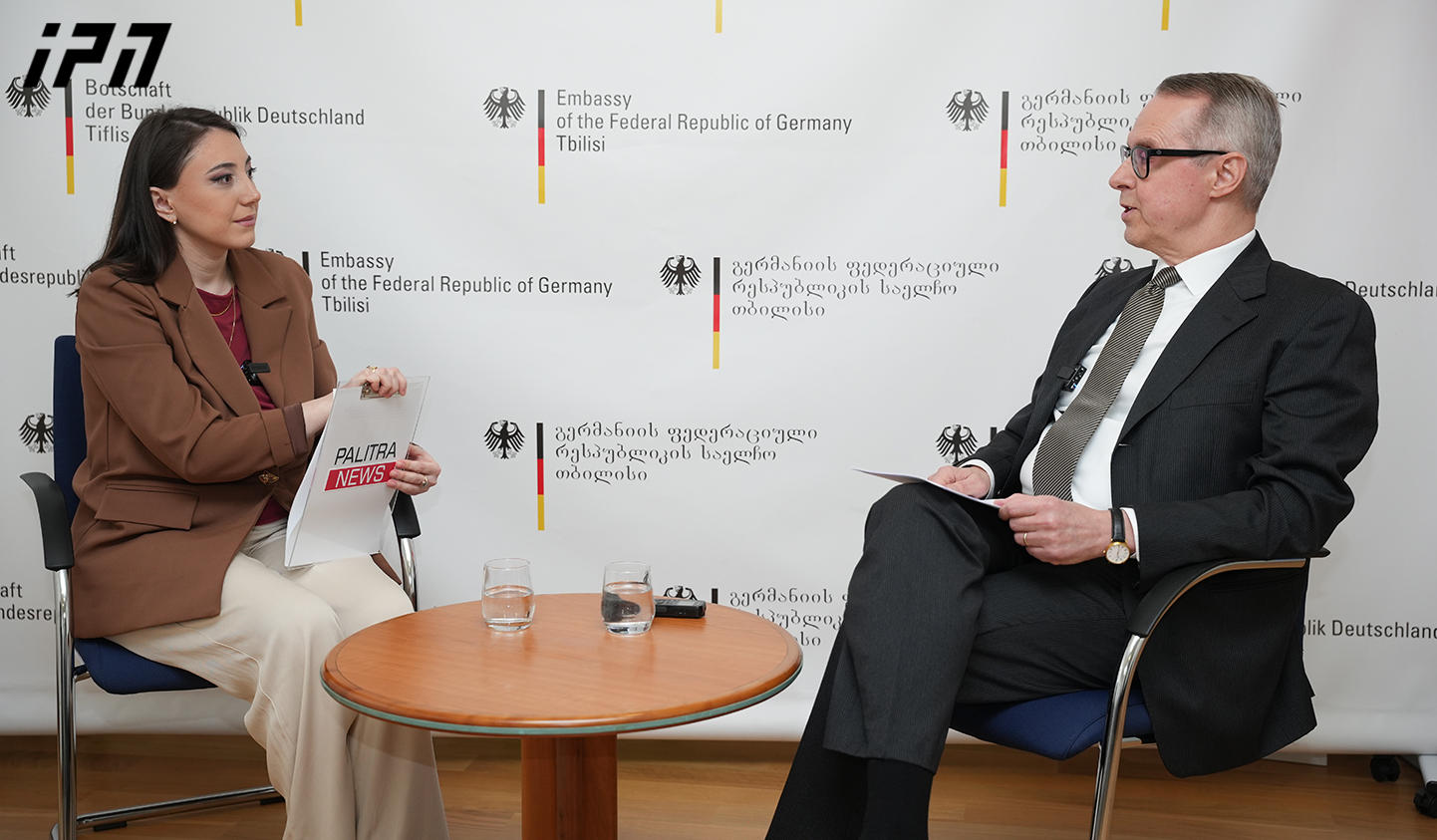The implementation of substitution therapy, the so-called methadone program, by private entities will be banned, and the relevant infrastructure will be removed from populated areas

We have made a decision to completely prohibit the implementation of substitution therapy programs by private entities, stated Georgia’s Prime Minister Irakli Kobakhidze at today’s briefing.
As the head of government noted, there is a well-founded assumption in society that the services provided by private companies, in many cases, aim not to cure the patient but to legally supply them with narcotic substances.
“As is known, substitution therapy uses drugs such as methadone and buprenorphine. There is a well-founded assumption in society that the services provided by private companies, in many cases, aim not to cure the patient but to legally supply them with narcotic substances. In conditions where a private company has a direct commercial interest in maximizing the distribution of the drug, it naturally has a strong temptation to focus on drug distribution rather than patient recovery. Such practices must be completely eliminated. Therefore, we have decided to fully ban the implementation of substitution therapy programs by private entities,” the Prime Minister stated.
According to him, it is crucial that the state assumes full responsibility for the implementation of substitution therapy, which falls under the category of high-risk medical activities, and ensures the establishment of uniform standards in the treatment process through its institutions.
“Control over the implementation of state substitution therapy programs will be tightened. It will be strictly ensured that each service is aimed at the patient’s fastest possible recovery and that it is not misused to encourage so-called legal drug addiction. Additionally, today I instructed the Minister of Health of Georgia to ensure the relocation of infrastructure designated for substitution therapy from densely populated areas in the shortest possible time. Currently, a significant portion of this infrastructure is located in densely populated areas, which causes justified dissatisfaction among local residents,” stated Irakli Kobakhidze.
